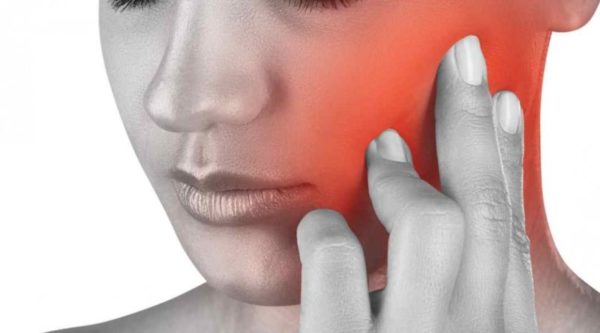SHARES

Johari grinds his teeth at night. Has been for years and did not realise a connection to headaches that were bothering him. It is his secret, until a the dentist uncovered the condition when he showed up with a cracked worn down tooth. Now he has the comfort of knowing that 8 – 10 percent of the adults population shares the condition of teeth grinding, known as bruxism. According to the American Sleep Association, bruxism occurs most frequently during sleep and is characterised by jaw clenching and teeth grinding. It is also considered as a sleep-related movement disorder. Left untreated, bruxism causes damage to the teeth and surrounding tissue, headaches and jaw pain.
People who have bruxism are more likely to have other sleep disorders such as snoring and breathing interruptions during sleep (sleep apnoea).
Who gets it?
It has been shown that bruxism runs in the family, with rates as high as 50%. Having said that, there is no known cause which contributes to bruxism, but both physical and psychological reasons are often behind teeth grinding. Often, stress and anxiety are the major reasons where people may grind their teeth as a coping strategy. Interestingly, bruxism is also linked with highly determined people. Besides that, caffeine or nicotine intake before sleep can also contribute to bruxism.
What are the symptoms?
Bruxism often goes undetected. This is because most people who grind their teeth or clench their jaws are not aware when they are doing it. Most of the time, dentists are the ones who find out the problem as they recognise the damage done to the teeth. Symptoms of bruxism include:
- Headache
- Pain and stiffness in jaw joint and surrounding muscles
- Worn teeth, which can cause increased sensitivity and even tooth loss

Image source
- Broken teeth or fillings
- Facial pain
- Earache
People who grind their teeth experience more sleep disturbances. During such episodes, heart rate increased, placing additional strain on their bodies. If anxiety or stress are factors related to teeth grinding, chronic stress is known to trigger increased risk of hypertension and heart disease, significantly threatening heart health.
How to manage bruxism?
In most cases, treatment is not necessary. Children may outgrow bruxism without treatment while many adults do not grind or clench badly enough to require treatment. If you have bruxism, here are several tips to cope with the condition:
- Create a sleep environment which is comfortable, dark and quiet. Keep work-related items out of the bedroom.
- Practice stress reducing activities such as exercising, reading, meditation or listening to music.
- If you tend to grind or clench your jaw while awake, be aware of it and try to correct the behaviour. Your teeth should stay apart during the day.
- Limit caffeine or alcohol intake.
- Try sleeping in a new position as many individuals experience bruxism when sleeping in a specific position.
- If your partner has sleep bruxism, you can sleep with earplugs to avoid being disrupted by the sound of teeth grinding.
- Consult an acupuncturist. A number of studies show that acupuncture could be therapeutic resource for teeth grinding/bruxism.
Besides these prevention tips, your dentist may recommend wearing a custom-fit nightguard. This is designed to keep the teeth separated to avoid any damage caused by clenching or teeth grinding. They are constructed from hard or soft acrylic materials and fit over the upper and lower teeth.
Also, in severe cases of teeth wear where there is teeth sensitivity or inability to chew properly, your dentist may need to carry out certain procedures to repair the damage on your teeth. Prolonged teeth grinding may lead to cracked, chipped, broken or even loose teeth.
Conclusion
To conclude, it is important to diagnose bruxism earlier to limit any potential damage to the jaw. If you are concerned about having bruxism, visit a dental professional to seek for opinions. Dental examinations are the best way to identify bruxism.
If you would like to make an appointment with a Dental Surgeon:
Find a Dental Surgeon in Malaysia, on GetDoc
Find a Dental Surgeon in Singapore, on GetDoc
by Soh May Leng
Born and raised in Malaysia, May Leng obtained her Bachelor of Dental Surgery from the University of Otago, New Zealand. She has joined the GetDoc team to relay valuable health information to the public. Staying active plays a big part in her daily life especially through outdoor sports such as running and swimming. She also enjoys travelling and has a passion for photography. View all articles by Soh May Leng.






